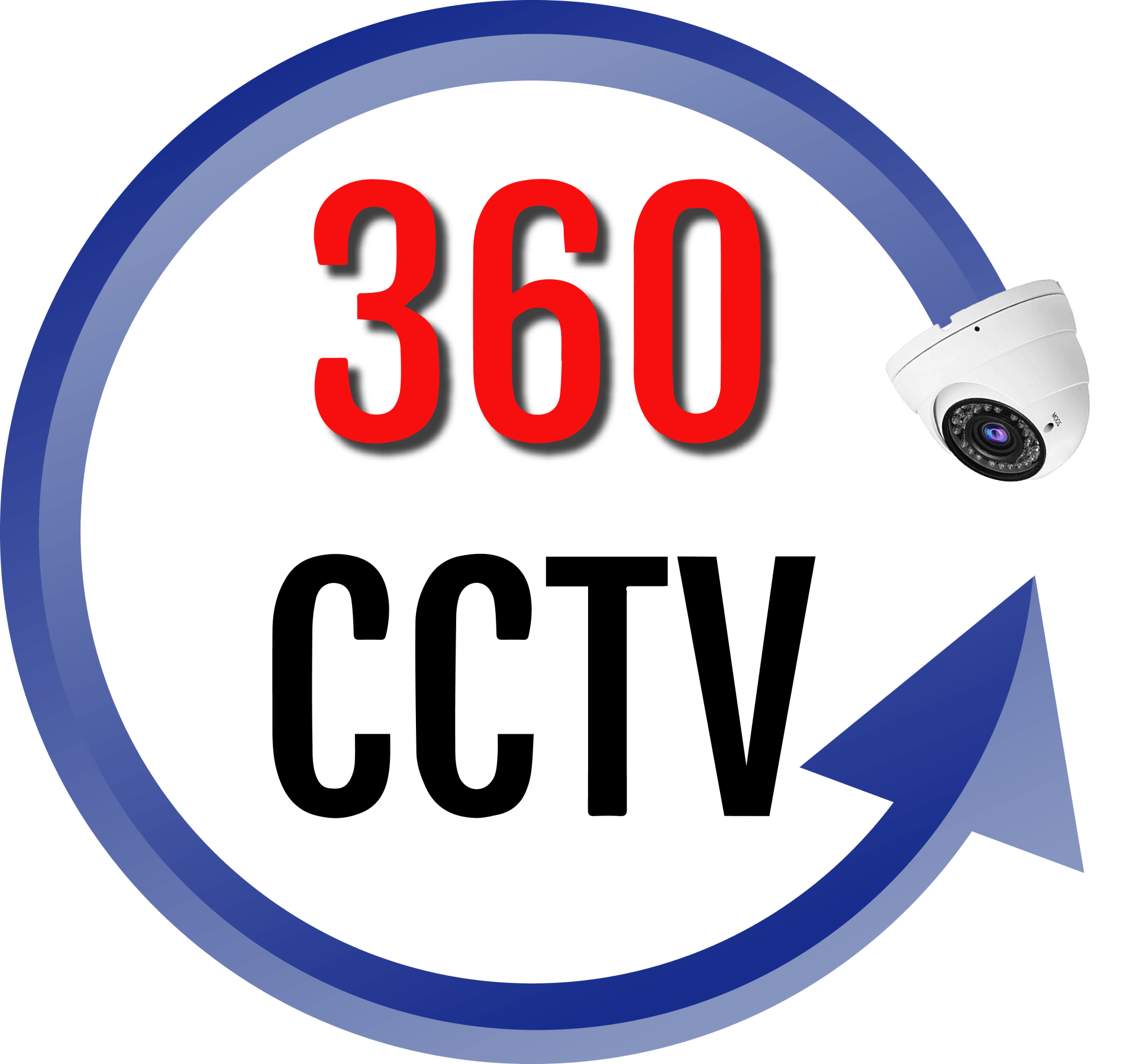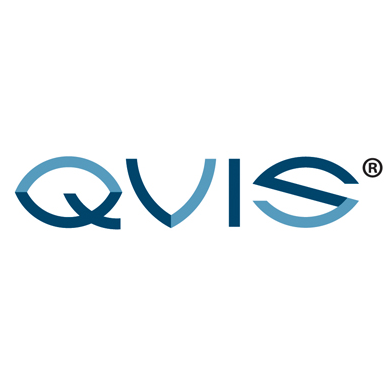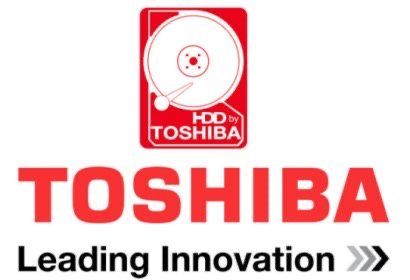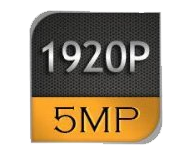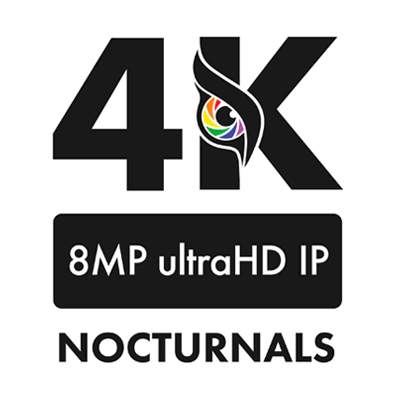- What is CCTV?
CCTV (Closed Circuit Television) is a visual surveillance technology designed for monitoring a variety of environments and activities. CCTV systems typically involve a fixed (or "dedicated") communications link between cameras and monitors.
- Why should I have CCTV Installed in my home or business?
CCTV can dramatically increase the security of your property and keep your family protected.
An award-winning piece of research looking at 20 years' worth of crime data has shown homes with stand-alone security features, such as CCTV systems, are three times more protected against burglary than homes without, according to data from Professor Andromachi Tseloni, of Nottingham Trent University.
Businesses across the UK are using CCTV as a deterrent, and the results are showing just how effective their security systems are. Areas that are monitored by CCTV have witnessed a reduction in crime rates. For example, car parks around the UK saw a 51% decrease in vehicle crime and theft after the installation of efficient CCTV systems.
CCTV increases the likelihood of offenders being caught in the act, which will help deter any potential criminal activity as footage can be retained to help with police investigations if necessary.
- How much does a CCTV system cost?
There is the capability to meet a wide range of budgets. For example, CCTV cameras range in price from about £100 to around £6,000. The governing principle is to understand what you want to achieve with the system and then obtain quotes for one that brings together the right components that make it fit for the purpose you intend.
Value rather than lowest cost is the foremost objective of many buyers. Maintenance and support, as well as hardware, software and installation costs should all be factored in when trying to determine the supplier that offers the best value.
Our domestic CCTV installation packages can be seen by clicking this link Domestic CCTV these can be adapted, or upgraded to develop a bespoke package to suit your exact requirements.
- Can I upgrade my existing CCTV System?
Yes, we can replace your existing CCTV recording system or cameras, this can be a cost effective option.
- What is Turbo HD?
Hikvision Turbo HD is a new range of HD-TVI CCTV cameras that is perfect for both first-time buyers and those upgrading an existing coax system. Available at a lower price-point than other CCTV cameras, very easy to set up, and with a host of features that can rival those found in IP cameras, Turbo HD is a real game-changer in the world of security.
- What is a DVR or NVR?
DVR is short for Digital Video Recorder, a device that records CCTV camera footage onto one or more hard disks. It has a number of BNC connections to connect to the cameras. Our DVR’s can support 4, 8, 16 and 32 channels (connections)
NVR is short for Network Video Recorder, an IP cameras recording device. An NVR offers that same functionality as a DVR, as it records CCTV camera footage, but it is tailored for IP CCTV cameras.
- Can I View My Camera’s from Computer or Mobile Phone?
With the Hik-Connect app you can connect to any of our recorders as long as there’s a suitable network connection. Hik-Connect is available on both Apple and Android devices, and allows you to view your system on multiple devices. If you want to connect from a PC or Mac then there is software available called iVMS-4200.
- How do I backup/export the footage from my Hikvision DVR/NVR?
Yes you can, through the USB port on the DVR/NVR.
See this video tutorial which will guide you through the process
- Do the cameras light up at night?
With the majority of our cameras there will be some visible red LED’s visible at night. This red light is the infrared light that allows the cameras to see in the dark.
The new development by Hikvision in ColorVu cameras use a built-in white light to enhance the colour imagery captured at night. This provides both high quality evidential images while acting as a deterrent. This white lights can be set up for motion only or on a timer as required.
- Can I zoom in with a camera?
Yes, you can digital zoom on any camera. If you require optical zoom then this is only available on an auto-focus or PTZ camera.
- Can I read Number Plates on the system?
During the day, just about any camera, if properly set up will record number plates. However, at night the car lights play havoc with the camera’s light sensitive chip. What you really need is a specialist camera that only records reflected infra-red light, which means it can read each and every number plate irrespective of weather conditions. More advanced options are ANPR (automatic number plate recognition) systems, which match number plates to databases and automatically open gates and barriers, or send alerts.
- How long can I record on the system?
This depends on the number of cameras recording at the same time and the level of quality/detail they record at. This will also depend on how big your hard drive is. If you require us to spec up a system to record for a certain amount of time please contact us. With our recorders you can also save recording space by only recording when motion is detected.
- What happens when the hard drive is full?
Your DVR/NVR will overwrite the old data when the hard drive is full. This means the recorder will continuously record the latest footage.
- What happens if there is power cut?
Once power is back up the DVR or NVR will power back up. If powercuts are frequent in your area
we recommend using an interruptible power supply (UPS).
- What is Video Motion Detection?
This is a type of Video Analytics. When the recorder detects that there has been movement in some camera footage then it will record. You are able to configure it to record several seconds before the movement was detected and you are able to configure the recorder to send an email notification when this happens too. There are also sensitivity settings that allow you to adjust how much movement is detected before an action is triggered. Due to the nature of motion detection we do not recommend this to be used for cameras that will face objects that may sway in the wind, such as trees.
- Can I have wireless CCTV cameras?
All of the cameras we install are hard wired, wireless cameras are NOT recommended for any permanent security camera installation for home or business. Wireless cameras have several flaws which make them a poor choice for any security camera installation: Wireless cameras are not secure, Wireless cameras still require power, Wireless cameras operate on crowded frequency bands, Wireless transmission can be affected by many different electronic devices. This technology is still in it's infancy and the cameras can be unreliable.
- Can I record my CCTV footage direct to Cloud storage?
You can have your Hikvision DVR recording the videos locally and in the cloud at the same time. This ensures you can have a backup just in case something bad happens to your DVR.
You can use Google Drive to record the videos from your Hikvision DVR, this is a great feature but you must be aware that it's NOT the best option.
People usually like free stuff to avoid spending money, however surveillance systems are a critical part of a business or home security and it's better to consider using professional solutions designed for this type of application.
There are a lot of different solutions out there such as Angelcam and other companies that have professional cloud recording services. These often require various settings and configuration, therefore we do not provide technical support for these service, as that will be provided by your dedicated Cloud subscription service.
- How fast does my broadband need to be?
When viewing remotely it is important to have good upload speed as you will be streaming footage from the NVR/DVR. For this reason we would say that 2mb should be the minimum upload speed required in order to view remotely.
- How do I change the date / time settings on my Hikvision DVR/NVR?
- What are the legal implications of having CCTV installed at my property?
If you set up your system so it captures only images within the boundary of your private domestic property (including your garden), then the data protection laws will not apply to you.
But what if your system captures images of people outside the boundary of your private domestic property – for example, in neighbours’ homes or gardens, shared spaces, or on a public footpath or a street?
Then the General Data Protection Regulation (GDPR) and the Data Protection Act 2018 (DPA18) will apply to you, and you will need to ensure your use of CCTV complies with these laws. This guidance refers to them as the ‘data protection laws’.
Regardless of whether or not your use of CCTV falls within the data protection laws, the ICO recommends you use it responsibly to protect the privacy of others.
More information can be found by clicking the links below to the government webpages:
Guidance on the use of domestic CCTV

Slide title
Write your caption hereButton
Slide title
Write your caption hereButton
Slide title
Write your caption hereButtonSlide title
Write your caption hereButtonSlide title
Write your caption hereButtonSlide title
Write your caption hereButtonSlide title
Write your caption hereButtonSlide title
Write your caption hereButton
Slide title
Write your caption hereButton
Slide title
Write your caption hereButton
